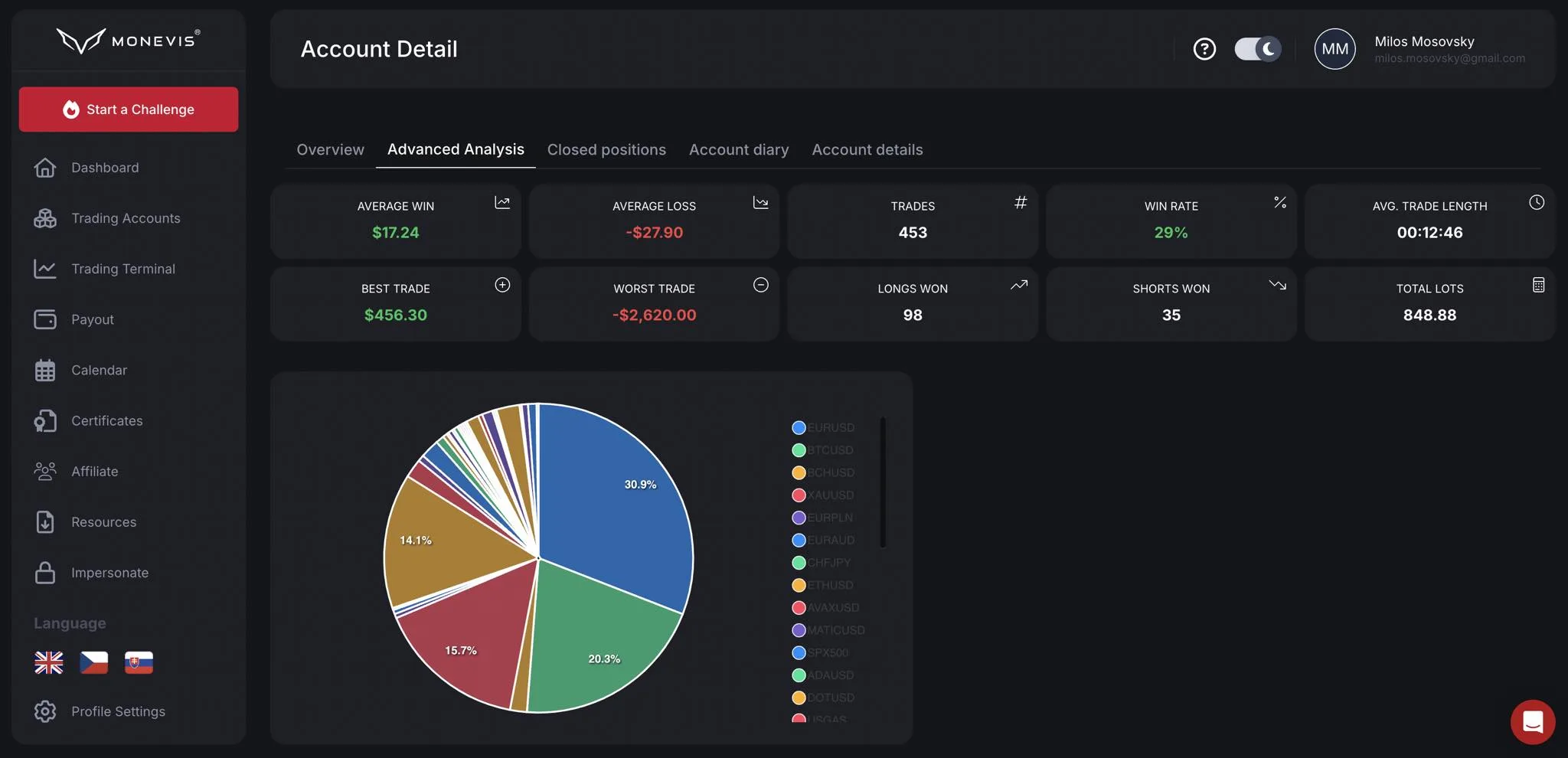HOT TIP: Unleash your trading potential with Monevis®

Understanding Proprietary Trading Firms
In the financial world, proprietary trading firms hold a significant position. But what exactly are proprietary trading firms, and why are they so important in the financial markets? This article aims to offer a comprehensive view of proprietary trading firms, their functioning, advantages, and potential risks.
What are Proprietary Trading Firms?
Proprietary trading firms, often referred to as “prop shops,” engage in financial transactions using their own funds rather than clients’ money. These firms trade to make a profit for themselves, not for investors or clients. They work across various financial instruments such as stocks, bonds, commodities, forex, and derivatives.
Unlike hedge funds or investment banks, proprietary trading firms do not seek to earn income or commissions by selling financial products or executing trades on behalf of clients. Instead, the primary source of profit for proprietary trading firms is the net gain they make from their trading activities.
The Functioning of Proprietary Trading Firms
Prop shops employ traders, often called prop traders, who use the firm’s capital to enter into trades. These traders are usually compensated with a profit share arrangement rather than a fixed salary. Prop traders are often given a considerable amount of autonomy in determining their trading strategies, provided they operate within the risk parameters set by the firm.
Strategies Employed by Proprietary Trading Firms
Proprietary trading firms employ a wide range of trading strategies to seek profit. These can include:
1. Arbitrage: This strategy involves exploiting price discrepancies across different markets or securities. For example, if a stock is priced differently on two exchanges, a prop trader might buy the stock on the cheaper exchange and sell it on the more expensive one to profit from the price difference.
2. Swing Trading: This involves holding positions for several days to weeks to profit from price swings or momentum in the markets.
3. Scalping: This strategy involves making numerous trades throughout the day to profit from small price movements.
4. Quantitative Trading: This involves using complex mathematical models and algorithms to identify and execute trades.
Advantages of Proprietary Trading Firms
Working with a proprietary trading firm can offer several advantages:
1. Access to Capital: Prop traders can trade with more money than they could typically afford on their own, allowing them to potentially earn more profits.
2. Access to Advanced Tools: Prop firms often provide traders with sophisticated trading software, high-speed data connections, and other tools that individual traders might not afford.
3. Trading Education and Mentorship: Many prop trading firms offer in-house training programs to help traders improve their skills and knowledge.
4. Risk Management: Prop firms have risk management systems in place to limit losses, which is beneficial for traders.
Risks Associated with Proprietary Trading Firms
While proprietary trading can be lucrative, it also involves substantial risk. Traders may lose money, and since they often share in losses, their income can be unstable. Additionally, the high degree of leverage used can multiply losses.
Conclusion
Proprietary trading firms play a pivotal role in the financial markets. They provide liquidity, help ensure price efficiency, and contribute to market movements. While opportunities to earn substantial returns exist, it is also a field that demands skill, knowledge, and a high tolerance for risk. As with any financial endeavor, it is crucial to thoroughly understand the workings of proprietary trading firms before getting involved.
HOT TIP: Unleash your trading potential with Monevis®
